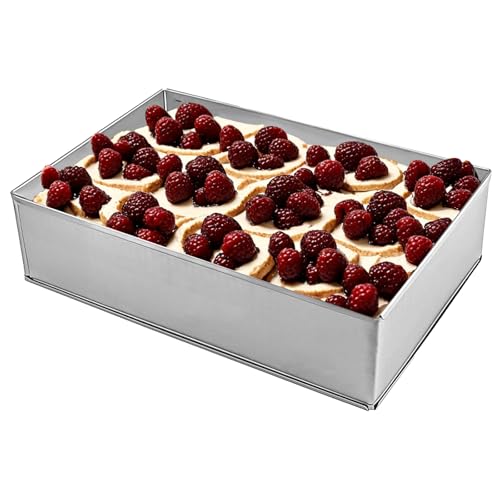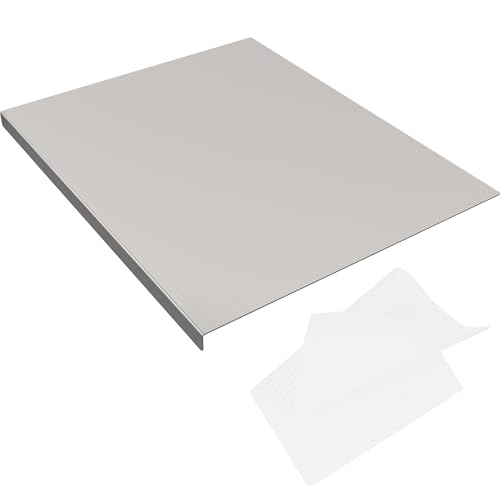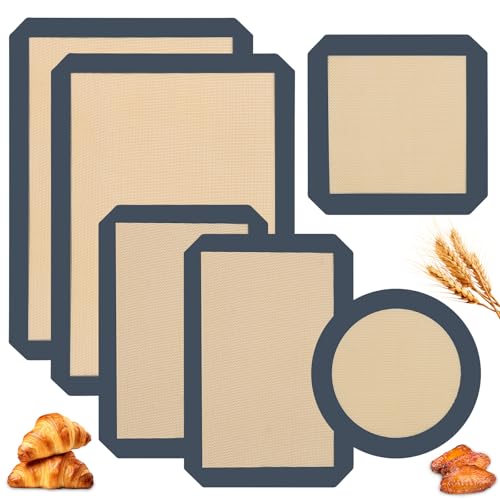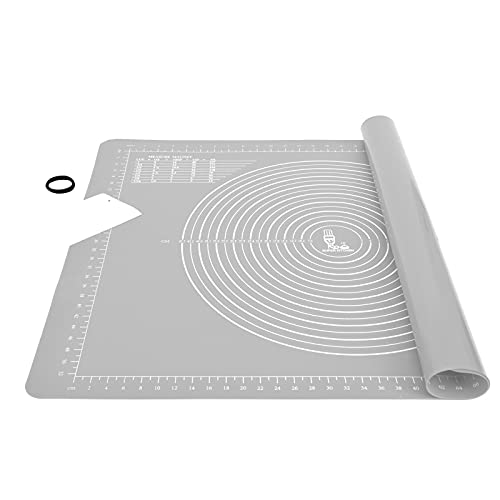Understanding Air Conditioning Window Sealing: What You Need to Know
What Is Window Sealing?
Window sealing is crucial in ensuring that air conditioners operate efficiently. It involves applying materials that fill gaps around windows to prevent air leaks. Whether it’s hot air escaping in winter or cool air being lost in summer, effective sealing is essential for maintaining desired room temperatures. If you’ve ever felt a draft or noticed variations in indoor climate zones, an inadequate window seal is likely the culprit.
Why Is It Important?
Proper window sealing enhances the performance of your air conditioning unit. Without a good seal, your air conditioner has to work harder to maintain the temperature, increasing energy consumption and leading to higher utility bills. Moreover, ineffective sealing can also invite dust, pollen, and insects into your home, compromising indoor air quality and comfort.
Key Features of Effective Window Sealing Solutions
Material Quality
The effectiveness of a window seal largely depends on the quality of materials used. Look for seals made from durable, weather-resistant substances that can withstand the test of time and elements. Materials like silicone, foam, rubber, and vinyl are popular choices due to their flexibility and longevity.
Ease of Installation
An ideal window sealing solution should be user-friendly. Many options are available as peel-and-stick strips or removable adhesive seals, making them easy to apply without requiring any special tools. This simplicity allows for quick installations, perfect for those who want immediate improvements.
Versatility
Effective window seals should cater to different types of windows and conditions. Look for products that can conform to various shapes and sizes, ensuring a snug fit regardless of your window design. This versatility is essential for comprehensive home sealing.
Step-by-Step Guide on How to Install Your Window Seal
Preparation Before Installation
Before beginning the installation, clean the window frame thoroughly. Remove any dust, dirt, or old sealing materials to ensure a solid bond. Measure the length of the windows that require sealing and cut the sealing material to the appropriate size.
Applying the Window Seal
Start at one corner of the window frame and peel back the protective backing of the seal. Begin applying the seal along the length of the window frame, pressing firmly as you go to eliminate any gaps. For best results, stretch the seal slightly to ensure it fits securely.
Finishing Touches
Once the seal is in place, step back and inspect your work. Ensure there are no visible gaps or areas where the seal has not adhered properly. If necessary, remove any excess material and ensure that the seal is completely smooth and secure. This final check will help to ensure maximum efficiency from your air conditioning unit.
Comparing Different Types of Air Conditioning Window Seals
Adhesive Foam Strips
Adhesive foam strips are among the most popular choices, offering a good balance of cost and effectiveness. They are easy to install and can provide decent insulation. However, they may need to be replaced more frequently than other options due to wear and tear.
Vinyl V-Seals
Vinyl V-seals are designed to adapt to the shape of your window frame. They offer good insulation and are durable, making them a suitable choice for long-term use. They might take a bit more time to install but are worth the effort for their effectiveness.
Magnetic Seals
Magnetic seals can be a great option for windows that need frequent opening and closing. They create a tight seal when in place but can be easily removed. These are ideal for seasonal sealing where you might need to open windows regularly.
Maintenance Tips to Maximise Efficiency and Longevity
Regular Inspections
To ensure that your window seal remains effective, conduct regular checks, especially before the heating or cooling seasons. Look for any gaps, wear, or damage to the sealing material and address any issues promptly to maintain efficiency.
Cleaning Your Seals
Keep your window seals clean. Occasionally wipe them down with a damp cloth to remove dust and debris that can compromise their performance. Avoid using harsh chemicals that could degrade the materials over time.
Replace When Necessary
Seals degrade over time due to weather conditions and wear. Keeping an eye on their condition and replacing them as needed ensures that your air conditioning system continues to operate efficiently, helping you save on energy costs in the long run.




















